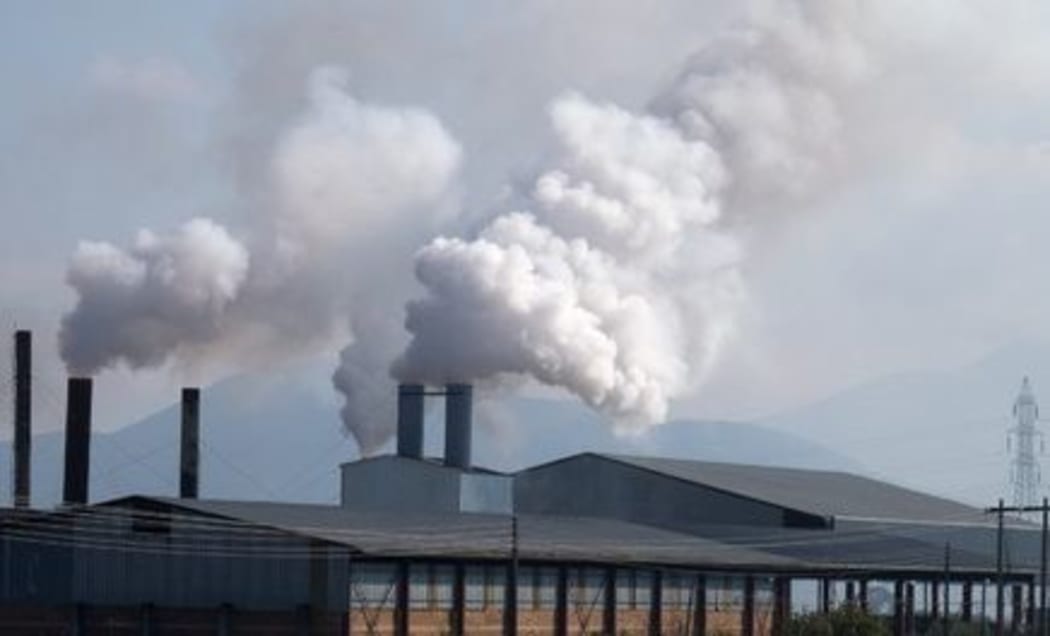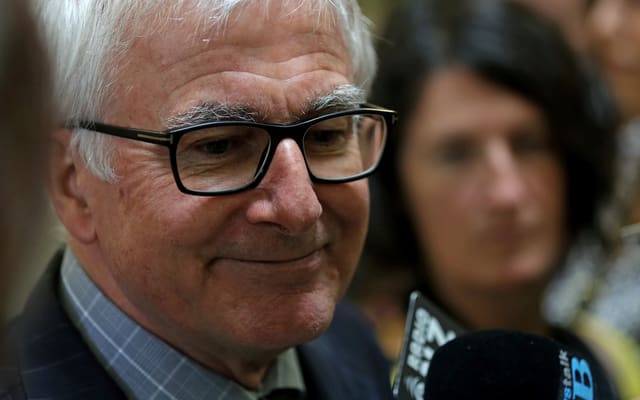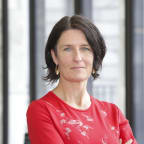In just a few weeks, world leaders, ministers, officials and observers from 196 countries will converge on Paris to try to nail down the first globally binding deal to reduce climate-damaging emissions.

Photo: 123rf
But on the table will be a controversial proposal put up by New Zealand, which suggests only parts of the deal should be binding.
The aim of the talks is to get all countries to agree to cut their emissions to a level that will keep the warming of the planet to below 2° above the current global average.
The United Nations has estimated that the pledges put in so far would limit warming to 2.7°.
New Zealand agricultural greenhouse gas research centre deputy director Andy Reisinger said he was reasonably optimistic that a deal would be done in Paris, but he was less optimistic about whether it would be enough to slow the global temperature rise.
"I'm not very hopeful that we still have enough time to actually get there, the pledges that we have seen from countries around the world so far simply aren't in the ball park.
"From all that we know, it's much easier to get from 4° down to 2.7° of warming than it is to get from 2.7 to 2° of warming."
If agreed, the new deal would follow on from the Kyoto Protocol - which was not a global deal, as it only required about fifth of UN countries to cut their greenhouse gas emissions.
Many states, non-government organisations and environmental groups want the Paris agreement to bind states to their emissions reduction targets, like Kyoto had.
But, in an effort to get a deal at all, New Zealand has suggested making it binding to reduce emissions, but make the targets unbinding.

National MP Tim Groser Photo: RNZ / Alexander Robertson
Climate Change Minister Tim Groser insisted this was the only way to get the big emitters on board.
"There's still people in the United States congress that think this is some kind of UN conspiracy to rob the United States of its sovereignty, so to get the United States involved and to get China involved it required a non-threatening compliance mechanism."
But the Green Party said New Zealand's proposal was not constructive.
Co-leader James Shaw said the deal had to be completely binding, or else it would do nothing to help the environment.
"Like frankly a number of our trade agreements which contain a lot of fine words about environmental standards, but don't have any binding and enforceable mechanisms inside them."
Labour climate change spokesperson Megan Woods said there had to be compulsion on each country to meet their pledge.
"They have to be bound and stand by the number that they have put up and say what they contribute to the global effort."
The climate change talks kick off on November the 30th with a leaders day, which will include Barack Obama, David Cameron, Xi Jinping and John Key.
The leaders and heads of state are expected to set the groundwork in place and start the momentum for is expected to be a long fortnight of haggling, wrangling and debate.


